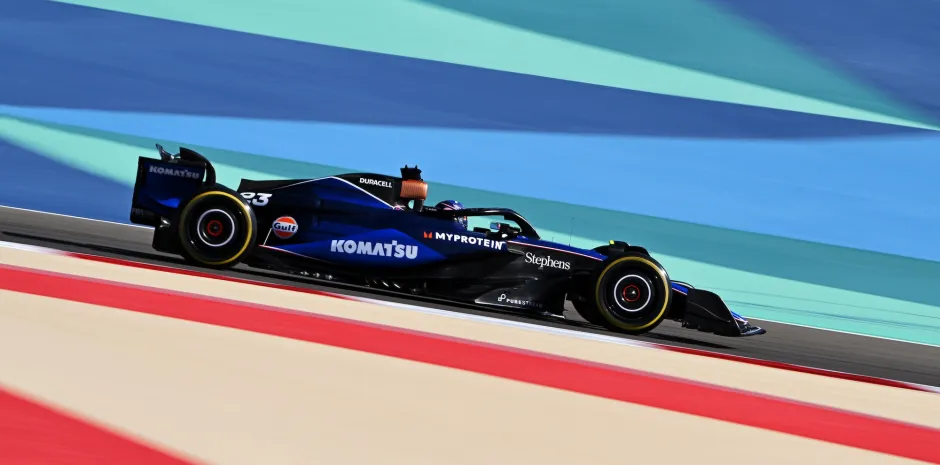From developing cutting-edge aerodynamic bicycles to assisting Formula 1 teams in their quest for speed, Neural Concept and its CEO Pierre Baqué have undergone a remarkable journey in just six years.
The company’s initial foray into aerodynamics saw them collaborating with a cycling team striving to break the world record for bicycle speed. Leveraging Baqué’s expertise in applying machine learning to three-dimensional problems, Neural Concept swiftly produced an aerodynamically superior bike design, leading to multiple world records in 2019.
Central to their success is Neural Concept Shape (NCS), a machine learning-based system that offers aerodynamic recommendations and improvements. Initially utilized in cycling, NCS has since found applications in industries like automotive and aerospace, catering to the growing demand for aerodynamic efficiency.
Securing contracts with prominent aerospace suppliers like Airbus and Safran, Neural Concept garnered attention and raised $9.1 million in Series A funding in 2022. Currently boasting a workforce of 50 employees, the Switzerland-based company is eyeing a Series B round as it continues to expand its reach.
In Formula 1, where aerodynamics play a pivotal role in performance, Neural Concept’s technology has found a home. Collaborating with teams like Williams Racing, NCS aids in developing aerodynamic solutions that enhance the team’s competitiveness on the track.
While Formula 1 serves as a high-profile showcase for Neural Concept’s capabilities, the company’s impact extends beyond motorsports. With applications in automotive industries, NCS contributes to the development of more aerodynamic cars, resulting in increased range and efficiency.
Looking ahead, Neural Concept aims to further diversify its portfolio by delving into areas like electric motor optimization, cabin heating and cooling, and crash testing. Although challenges persist, particularly in simulating whole-car crashes, Baqué and his team remain committed to pushing the boundaries of AI-driven engineering.
